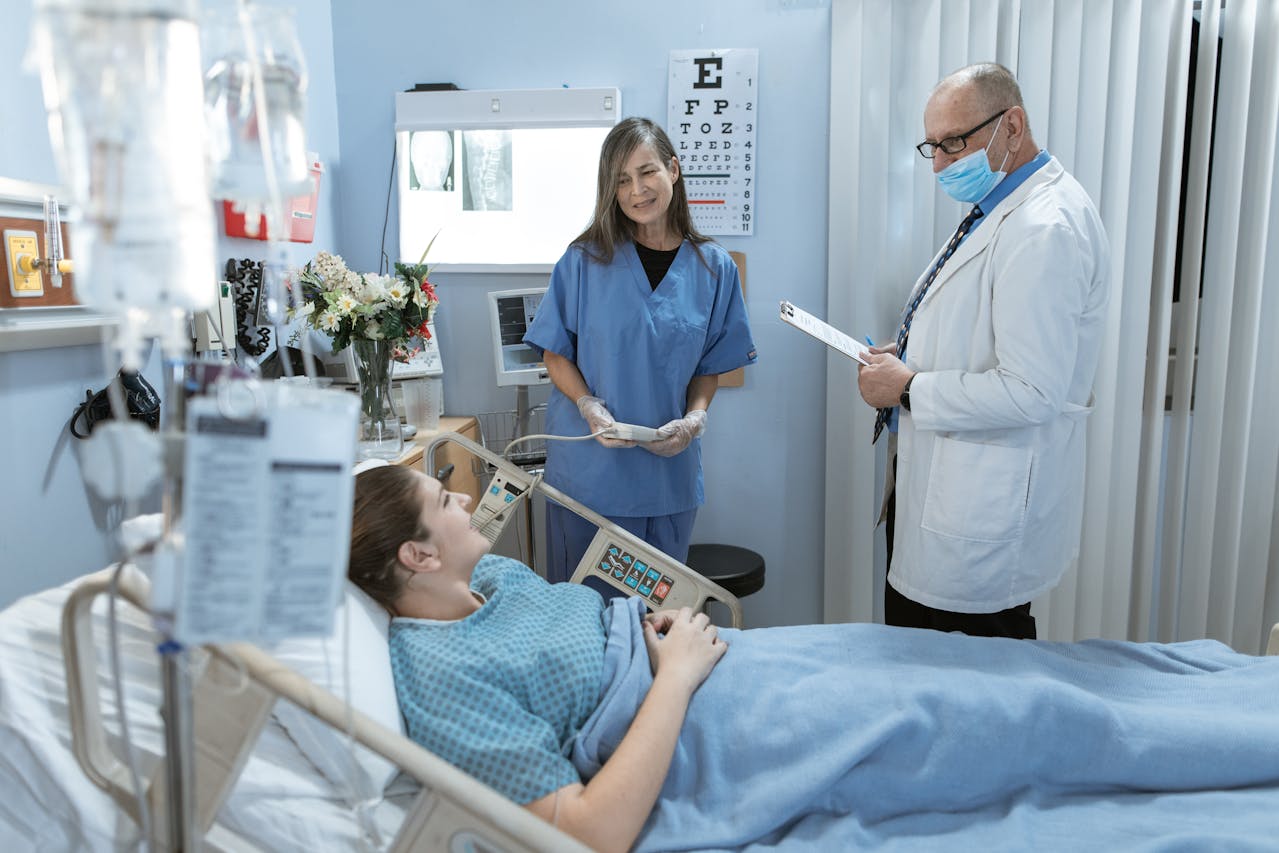Chronic Kidney Disease (CKD) is a progressive condition in which the kidneys gradually lose their ability to filter waste and excess fluids from the blood. According to the National Kidney Foundation, about 37 million Americans have CKD, and many don’t even realize it until the disease has advanced.
If you or a loved one has been diagnosed with CKD, you may be wondering: Is there a cure? What treatments are available? Can kidney function be restored?
While there is no complete cure for CKD, there are effective treatments that can slow its progression, manage symptoms, and improve quality of life. In this blog post, we’ll explore the latest treatment options, lifestyle changes, and emerging therapies that can help manage CKD.
Understanding CKD: Stages and Progression
Before discussing treatment, it’s important to understand the five stages of CKD, which are based on glomerular filtration rate (GFR)—a measure of kidney function:
-
Stage 1 (GFR ≥ 90): Kidney damage with normal or high function.
-
Stage 2 (GFR 60-89): Mild loss of kidney function.
-
Stage 3 (GFR 30-59): Moderate loss of kidney function.
-
Stage 4 (GFR 15-29): Severe loss of kidney function.
-
Stage 5 (GFR < 15): Kidney failure (end-stage renal disease, ESRD).
Early-stage CKD (Stages 1-3) can often be managed with lifestyle changes and medications, while late-stage CKD (Stages 4-5) may require dialysis or a kidney transplant.
Treatment Options for CKD
The goal of CKD treatment is to slow disease progression, manage complications, and prevent kidney failure. Here are the most common treatment approaches:
1. Medications to Slow CKD Progression
Several medications can help protect kidney function and manage related conditions:
-
ACE Inhibitors & ARBs (e.g., lisinopril, losartan) – Help lower blood pressure and reduce protein in urine, protecting the kidneys.
-
SGLT2 Inhibitors (e.g., empagliflozin, dapagliflozin) – Originally for diabetes, these drugs also slow CKD progression.
-
Diuretics – Help remove excess fluid and reduce swelling.
-
Phosphate binders – Used in later stages to control phosphorus levels.
-
Erythropoiesis-stimulating agents (ESAs) – Treat anemia caused by CKD.
2. Blood Pressure & Diabetes Management
Since high blood pressure and diabetes are the leading causes of CKD, controlling these conditions is crucial:
-
Target BP: Below 140/90 mmHg (or lower if recommended by your doctor).
-
Blood sugar control: A1C levels should be kept in check (usually below 7% for diabetics).
3. Dietary Changes (Renal Diet)
A kidney-friendly diet helps reduce strain on the kidneys:
-
Limit sodium (to control blood pressure).
-
Reduce protein intake (to decrease kidney workload).
-
Monitor potassium & phosphorus (high levels can be dangerous in CKD).
-
Stay hydrated, but avoid excess fluids in advanced stages.
4. Dialysis (For Stage 5 CKD)
When kidneys fail, dialysis performs their filtering function:
-
Hemodialysis: Blood is filtered through a machine (typically 3 times a week).
-
Peritoneal dialysis: Uses the lining of the abdomen to filter blood (done at home).
5. Kidney Transplant
A kidney transplant is the best long-term treatment for ESRD, offering a better quality of life than dialysis. However, finding a donor can take years.
Can CKD Be Reversed?
While kidney damage is usually permanent, early-stage CKD can sometimes be stabilized with aggressive treatment. Some studies suggest that weight loss, blood sugar control, and blood pressure management may improve kidney function in mild cases.
However, once CKD reaches Stage 4 or 5, reversal is unlikely, and treatment focuses on slowing progression and managing symptoms.
Emerging Treatments & Research
Scientists are exploring new therapies to regenerate kidney function and improve outcomes:
-
Stem cell therapy – Potential to repair damaged kidney tissue.
-
Artificial kidneys – Implantable bioengineered kidneys in development.
-
New medications – Drugs targeting fibrosis and inflammation in CKD.
While these treatments are still in research phases, they offer hope for future CKD management.
Key Takeaways: Living Well with CKD
-
Early detection is key—regular check-ups can help catch CKD before it worsens.
-
Lifestyle changes (diet, exercise, quitting smoking) play a major role in slowing CKD.
-
Medications can help protect kidney function and manage complications.
-
Dialysis and transplant are life-saving options for kidney failure.
-
Research is ongoing, with promising future treatments in development.
Final Thoughts
While there is no cure for CKD, effective treatments exist to manage the disease and maintain a good quality of life. If you have CKD, working closely with your healthcare team—including a nephrologist (kidney specialist), dietitian, and primary care doctor—can help you take control of your health.
Have questions about CKD treatment? Share them in the comments below! And if you found this post helpful, consider sharing it to raise awareness about kidney health.
Stay informed, stay proactive, and take care of your kidneys!


